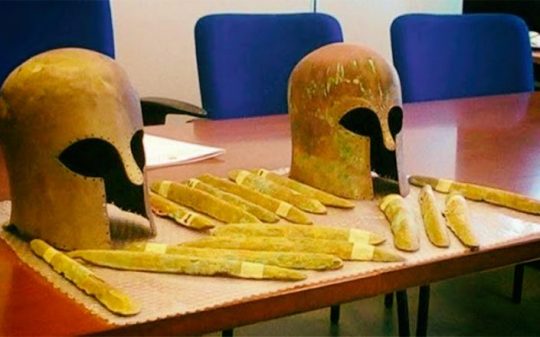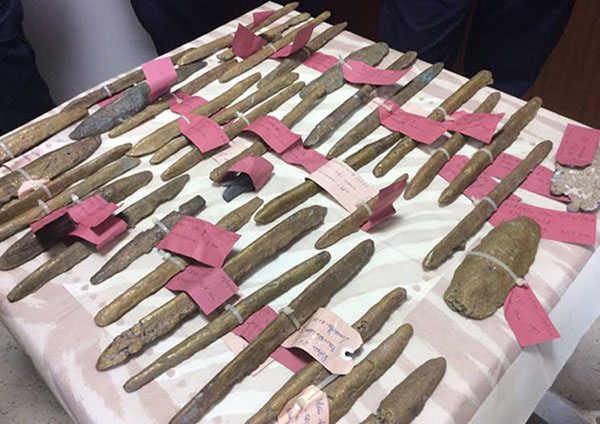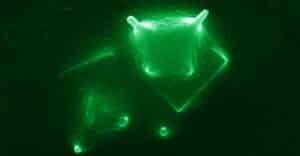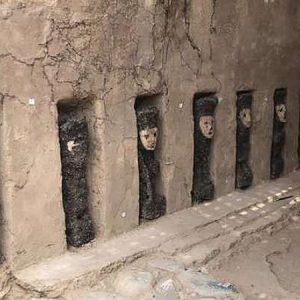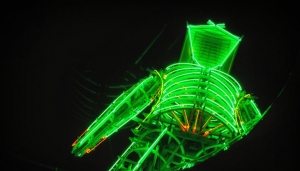Dozens of ingots of orichalcum, the alloy that is said to have originated in Atlantis were recently recovered from an ancient shipwreck. Will they lead us anywhere?
2,600 years ago, a trading ship sank in the Mediterranean Sea, off the coast of Sicily. Among its cargo were several dozens of orichalcum alloy ingots, the fabled metal that was said to adorn the walls of Atlantis.
Although the legend of the lost continent of Atlantis is much older than the age of the ship, many feel there is a strong possibility that this discovery could shed some light on the age-old mystery.
In 2015, archaeologists diving off the coast of Sicily managed to recover 39 ingots of a strange alloy containing zinc, copper and charcoal and they believe the mysterious metal could be the mystical metal favored by the ancient Atlanteans.
The shipwreck was discovered approximately 1,000 feet off the coast of the Sicilian city of Gela, submerged in less than 10 feet of water. This has led archaeologists to believe it sank during a storm while blindly searching for the nearby port.
Recently, the researchers added another 47 orichalcum ingots to the collection and in all likelihood, there is more to come.
Before this discovery, researchers had little information about orichalcum as the alloy had never been found in substantial quantities. And to make the mystery even more complex, many historians fail to agree on what the legendary alloy really was.
British researcher Joseph Needham notes that in the ancient world, there were two types of orichalcum, one being the imitation of the other. He believes the recipe for Atlantis orichalcum had been lost through time and that the alloy known in Ancient Greece as orichalcum was an inferior replica.
In the dialogue Critias, the ancient Greek philosopher Plato describes orichalcum as a precious metal, second only to gold in terms of monetary value. It comes as a surprise when we learn that the stuff was excessively used in Atlantis. According to Plato, the Temple of Poseidon in Atlantis had interiors and floors made of the precious stuff and in its center stood a grand orichalcum pillar inscribed with the sea god’s laws.
Even more opulence was visible on the outside, as the entire outer wall that encompassed the citadel of Atlantis “flashed with the red light of orichalcum.”
The name orichalcum comes from the Greek oreikhalkos, meaning “mountain copper.” Plato maintained that the metals that went into the composition of this alloy were extensively found and mined on the lost continent of Atlantis.
Another historical mention of this enigmatic substance comes from Flavius Josephus’ Antiquities of the Jews, where he claimed the vessels in Solomon’s Temple were made from orichalcum or a bronze similar to gold.
The prospect of an archeological find leading us to a mythical sunken continent is tantalizing and that is why discoveries such as this one fan the flames of our imaginations. Perhaps we will never find the ruins of Atlantis and the fabled land is destined to remain forever lost.
But in the event that it is one day discovered, it will go a long way towards proving that our knowledge of Earth’s history is limited, distorted or severely lacking. After all, the ancient city of Troy was also considered a myth until excavations in the 19th century proved it was real.
